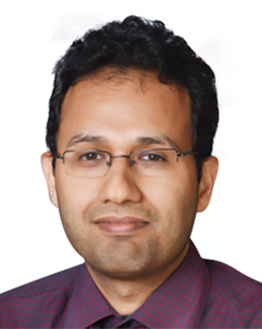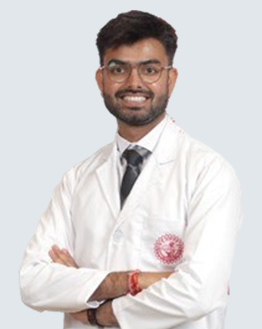Movement disorder is an umbrella term used for various neurological conditions that trigger abnormal movements, which may be voluntary or involuntary. Some of the most common types of movement disorders include:
- Ataraxia - It is a movement disorder that involves the cerebellum, the part of the brain that is responsible for controlling coordinated movements, resulting in impaired speech and limb movements
- Parkinson's disease - It is a progressive neurodegenerative disorder, marked by frequent tremors. This is accompanied by muscle rigidity and decreased movement, open leading to imbalance.
- Cervical dystonia - It is a movement disorder marked by spasms or long-lasting muscle contractions in the neck, causing it to turn abnormally at different angles.
- Chorea - It is a movement disorder marked by repetitive yet brief involuntary movements of the face, limbs and mouth.
- Dystonia - It is a movement disorder marked by involuntary muscle contractions that give rise to repetitive movements and twisting. The problem may be generalized or affect a particular part of the body
- Huntington's disease - It is an inherited movement disorder that is marked by the gradual degeneration of brain function. The condition is marked by uncontrolled movements and impaired cognitive abilities.
- Multiple system atrophy - It is a rare disorder that can affect multiple brain systems and result in movement disorders like ataxia and Parkinson's disease.
- Myoclonus - It is marked by rapid jerks triggered by a muscle or some group of muscles
- Tremors - It is one of the most common movement disorders marked by involuntary shaking of certain body parts, especially the head and the Limbs.
- Tourette syndrome - It is a common neurological condition that usually develops in small children and teenagers. It is marked by repetitive movements and vocal tics.
Treatment
Treatment of movement disorders depends upon the type of disorder and includes pharmacological as well as surgical options.
Why Eternal Hospital?
At Eternal Hospital, we have a highly qualified and dedicated team of experts who are always committed to providing the latest and most advanced medical care to all our patients. Being a trusted name in healthcare, we act compassionately while ensuring confidentiality to those who need it. We have set high standards in patient-centric premium care along with outstanding patient safety and exceptional maintenance in a timely manner. We adhere to the use of up to the minute innovations to offer state-of-the-art treatments to our patients with unparalleled results.





